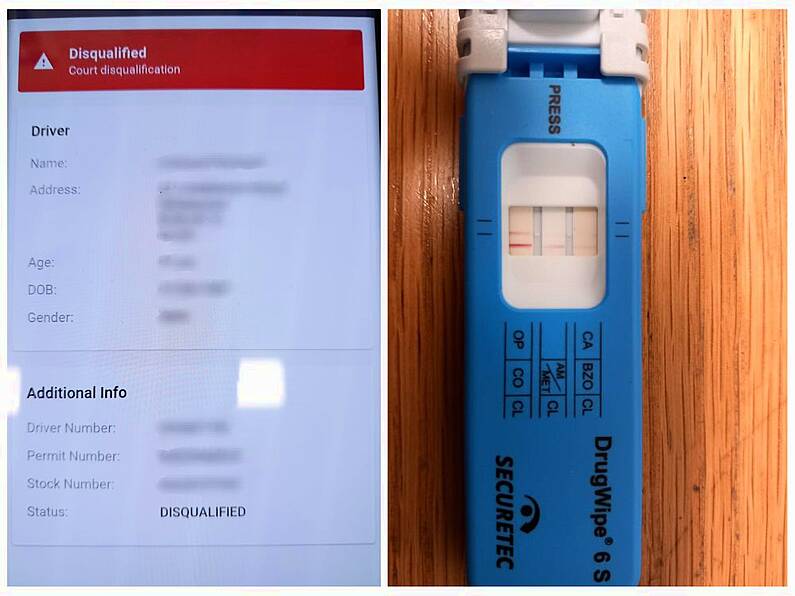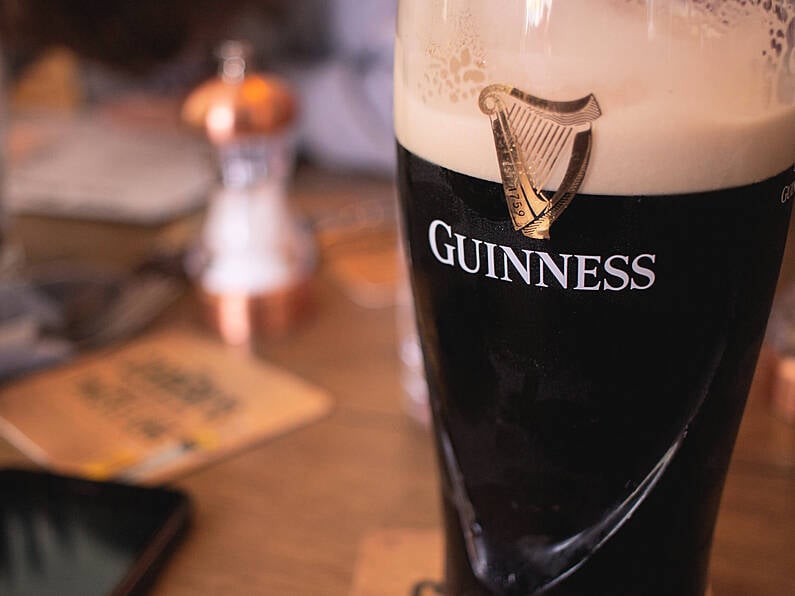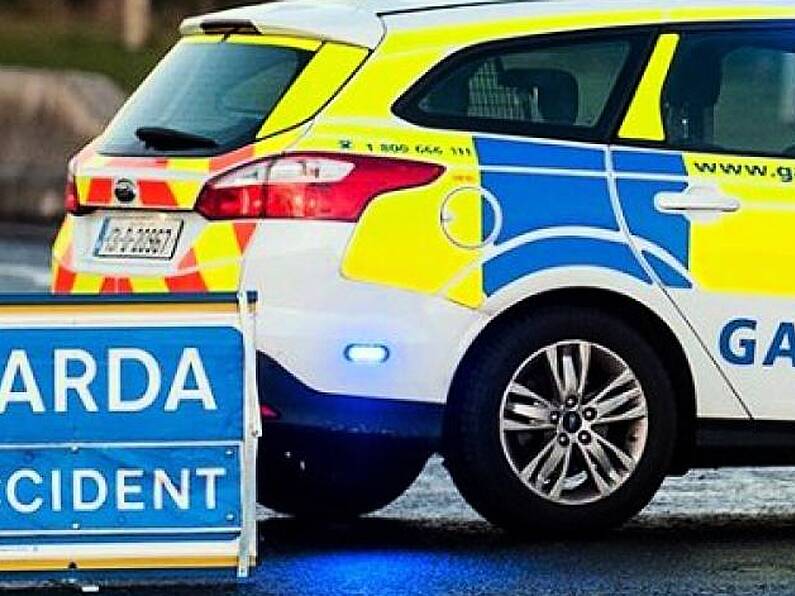By Isabel Hayes
Two women who were allegedly trafficked to work as prostitutes in rural Ireland spent time in 11 towns across ten counties, a trial has heard.
The women spent time in Laois, Wexford, Tipperary, Roscommon, Kerry, Longford, Kildare, Westmeath, Cavan and Carlow, the Dublin Circuit Criminal Court trial of Natalia Nogueira Da Silva and Ivanilce (Lisa) Vailones Fidelis heard today/yesterday (TUES).
The State alleges the two accused women trafficked two vulnerable Brazilian women for the purposes of exploiting them and taking advantage of their vulnerability “to such an extent as to cause the trafficked person to have no real or acceptable alternative but to submit to being trafficked”.
Ms Vailones Fidelis (46) of Castle Manor, Racecourse Road, Roscommon, has denied all 18 charges against her, including two counts of human trafficking, one count of organising prostitution and money laundering charges on dates between 2015 and 2020.
Ms Da Silva (32), of Cairn Hill View, Drumlish, Co Longford, has admitted 35 charges including organising prostitution, facilitating the entry into the state of an illegal person and money laundering. She has denied a single charge of human trafficking in 2019.
Today/yesterday (TUES), Detective Garda Laura Bolger showed the jury maps of various locations in rural Ireland where the two complainants are alleged to have spent time.
The court heard the first complainant is alleged to have had seven stays across six locations. The court heard she is alleged to have stayed in Portarlington, Co Laois, before going to Enniscorthy, Co Wexford; Thurles, Co Tipperary; Roscommon town, Co Roscommon; Tralee, Co Kerry; Cashel, Co Tipperary and back to Portarlington.
The court heard the second complainant is alleged to have had 14 visits across eight locations. Det Gda Bolger said this woman first went to Ballymahon in Co Longford, before going to Roscommon town, Co Roscommon; Kildare town, Co Kildare; Athlone, Co Westmeath; Ballyconnell, Co Cavan; back to Kildare town, Tullow in Co Carlow; Portarlington, Co Longford; back to Ballymahon in Co Longford; Cashel, Co Tipperary; then back to Kildare town, Roscommon town, Ballymahon, Co Longford and finally Kildare town again.
Immigration Control
The court also heard from Philip McCabe, an immigration control officer at Dublin Airport who assessed the first complainant when she entered the country on March 31, 2019.
Mr McCabe told Garrett McCormack BL, prosecuting, that the woman handed him an invitation letter, her Brazilian passport and details of a booked flight back to Salvadore in Brazil in 11 days. She had little English, the court heard.
Mr McCabe said he rang the phone number provided on the letter and spoke to a woman called Natalia Da Silva who confirmed the woman was a friend who was coming to stay with her.
“I didn't believe (the woman) was here as a genuine tourist,” Mr McCabe told the court. “I thought this was someone who would attempt to overstay in Ireland.”
He said as a result of his suspicions, he granted the woman a visa for a shorter stay, rather than the standard 90 days. “As I didn't believe she was genuine or had funds to provide for herself, I only gave her permission to stay for 12 days,” Mr McCabe said.
Under cross-examination from Kenneth Fogarty SC, representing Ms Da Silva, Mr McCabe said the woman appeared nervous. He said it was possible he could have carried out a supervised departure for the woman to ensure she left the country on the dates provided. “But I didn't on this occasion,” he said.
The trial also heard from Elizabeth Keogh, a woman who managed a property in Enniscorthy, Co Wexford, for her daughter who owned it. Ms Keogh told the court she rented out the two bedroom house in August 2018 on Daft.ie to a man who told her he was of Italian and Brazilian origin.
Ms Keogh told Garnet Orange SC, prosecuting, that she phoned a reference provided by this man and was happy enough with that. She said that when she called to inspect the property in January 2019, a woman who had very little English answered the door.
Over the coming months, Ms Keogh told the court she became concerned as the blinds in the house were always drawn. When she called to the house in June, she said she met a different woman who also had limited English.
Ms Keogh told the trial that this woman put her on the phone to another woman who spoke English. This woman told her that the male tenant was away, Ms Keogh said.
“I said there was a girl living in the house and she wasn't supposed to be there,” Ms Keogh said. She told the trial she tried an inspection of the property before calling again where she met a third woman she had never met before.
This woman was leaving the property and had two suitcases with her, the trial heard. The trial continues before Judge Patricia Ryan and a jury.
Ms Da Silva has pleaded not (NOT) guilty to one count of human trafficking a woman at an unknown location within the State, on dates between March 31, 2019 and May 18, 2019.
She has pleaded guilty (GUILTY) in front of the jury to one count of organising prostitution at an unknown location within the State on dates between December 5, 2018 and May 18, 2019.
She has also admitted one count of facilitating the entry into the State of a person she knew to be illegal on March 31, 2019 at Dublin Airport, along with 33 counts of money laundering the proceeds of crime on dates between March 2020 and May 2021.Ms Vailones Fidelis has pleaded not (NOT) guilty to all 18 counts against her.
She has denied two counts of human trafficking two women at various locations within the State on dates between December 2018 and May 2019. She has pleaded not (NOT) guilty to one count of organising prostitution during the same time period.
Ms Vailones Fidelis has further pleaded not (NOT) guilty to 14 counts of money laundering the proceeds of crime on dates between January 2015 and December 2020 and one count of removing proceeds of crime from the State during the same time period.






